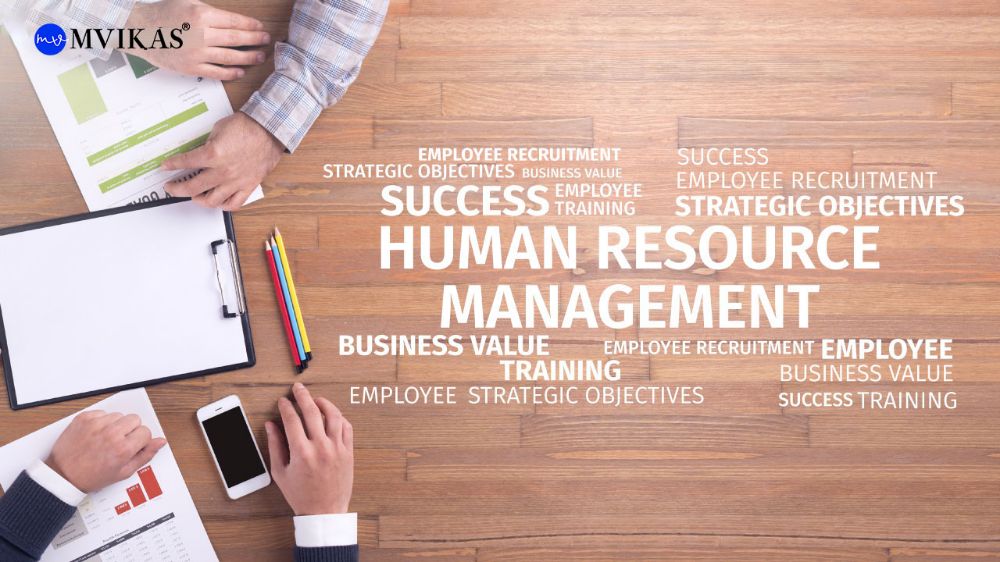Written by: Rajat Kumar, Head of Finance

Long gone are the days when the HR function could be handled by one person. HR now seems to be the catch all when it comes to any facet of employee relations and company culture. Also, in the current employment environment, what constitutes Human Resources
continues to evolve on a daily basis. If you will give me a few minutes, I’m going to take a slightly tongue in cheek look at the HR function in a typical large company. It may seem like the world’s most strenuous job sometimes, but there are definite benefits. Once we go through the list, you may realize that a job in HR may be the hotspot for career advancement and even provide semi-security from the unemployment surge.
First up are those brave and valiant souls we call HR Generalists. The front line of an HR office, they deal most with the company’s employees and are responsible for many of the day to day operations. Their duties include:
1. Explaining to a tenured employee why they have no more PTO (Paid time Off) time available.
2. Researching and explaining the complex web of employee benefits.
3. Assisting with interviews.
4. Receiving and processing the fifty million possible types of employee forms.
5. Payroll – I don’t think I need to say any more about that.
Trainers are also on the front line of shaping the organization. Critical to individuals at all levels of the organization, a successful training team is invaluable. They often have their finger on the pulse when it comes to the needs and complaints of the employees, and are
invaluable in planning new initiatives. Conduct new-hire orientation and training. Someone has to get those raw recruits into shape. Support the functional departments with process training. Shape the company culture through the use of soft skills and collaborative training modules. Provide an ear for frustrated employees. HR Managers are the glue that keeps it all together. Tasked with overseeing Generalists, Recruiters and Trainers, HR managers also have to ensure that the goals and objectives of Senior Leadership are being implemented across the organization. This can be a tightrope to walk, but the successful Manager knows how to maintain the delicate
balance. Some critical responsibilities of a successful manager are ensuring the smooth running of the HR office, gaining buy-in from the operations Managers and Supervisors for new policies, conducting town hall meetings to disseminate new programs and guidelines
to employees, investigating claims of racism, sexism, and every other ism you can think of. Jokes aside, HR is one of the most versatile and hardest working functions of any organization. They impact every aspect of the company and are stewards of its vision. HR
engages in leadership and management development, employee counselling, community outreach, and a whole lot more. By working in Human Resources, you gain a diverse skill set that can be transferred into so many other positions. A company simply could not function without your expertise and dedication. So the next time you feel down about your job, remember that HR runs the show.
 011-46039993 (Ext. 21 to 32)
011-46039993 (Ext. 21 to 32)
Leave your comment